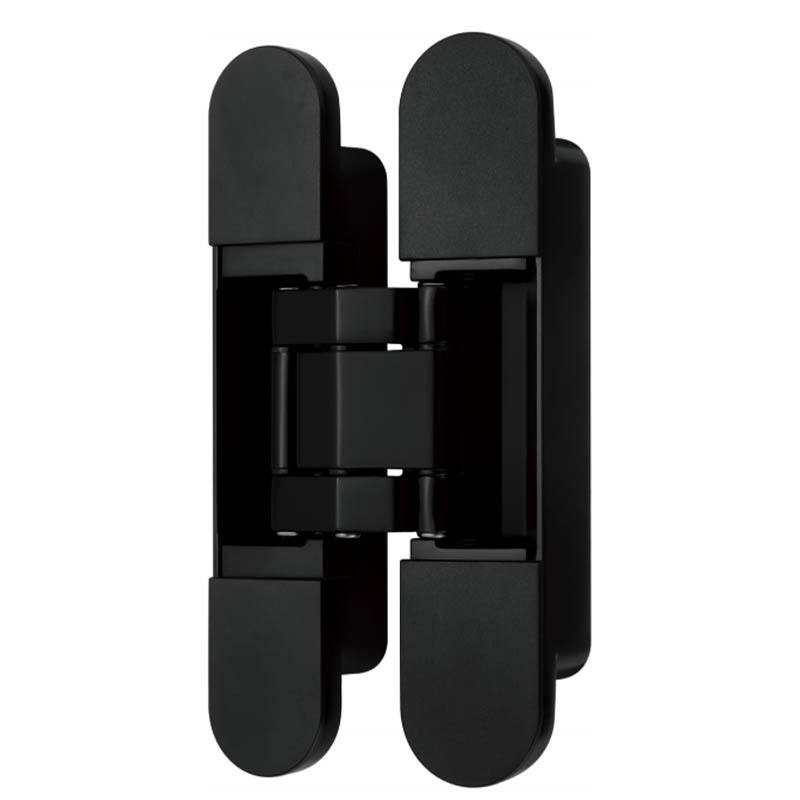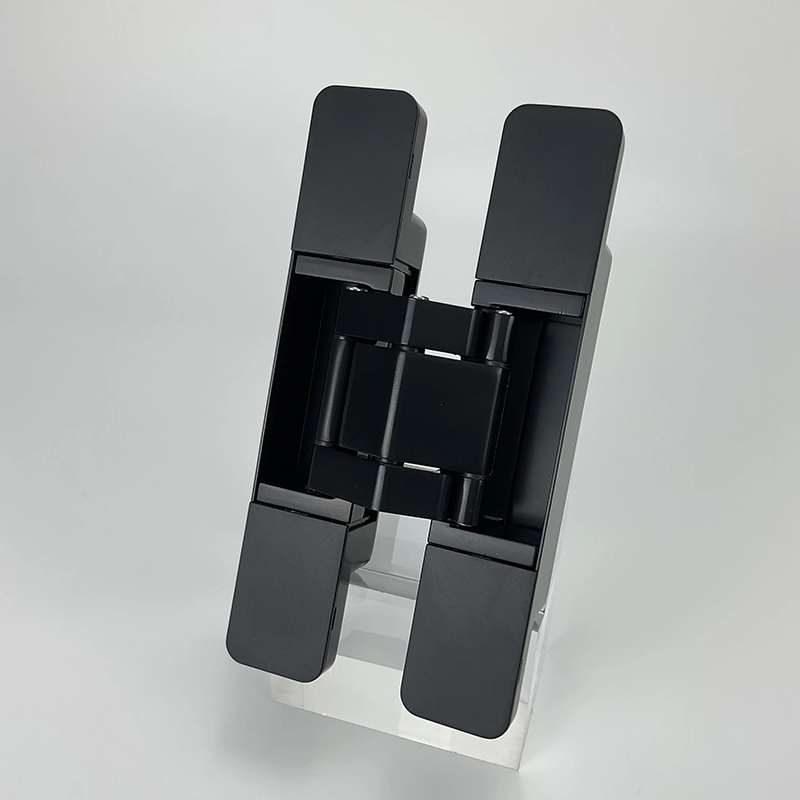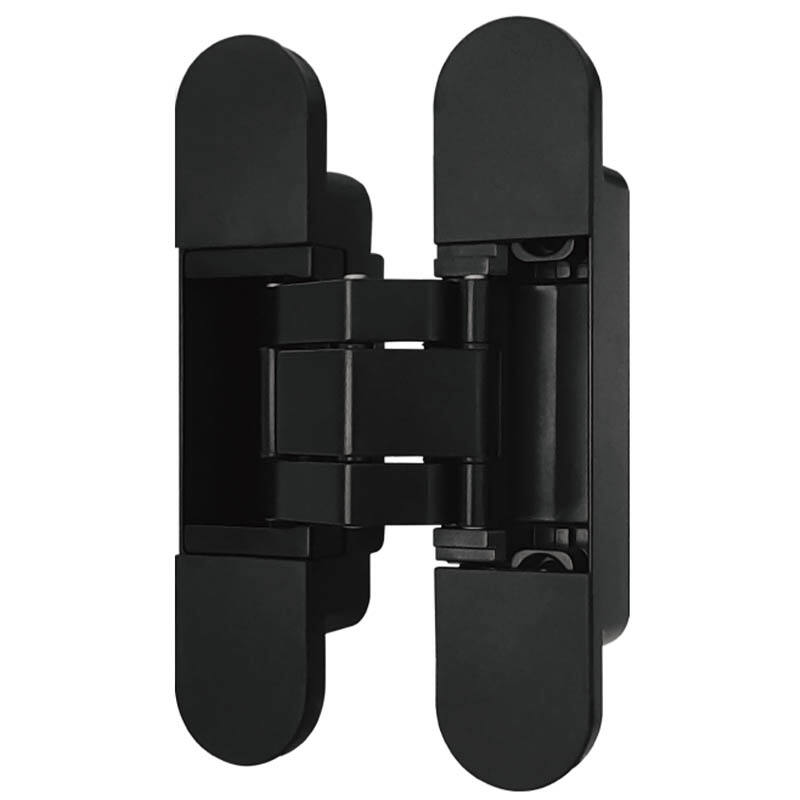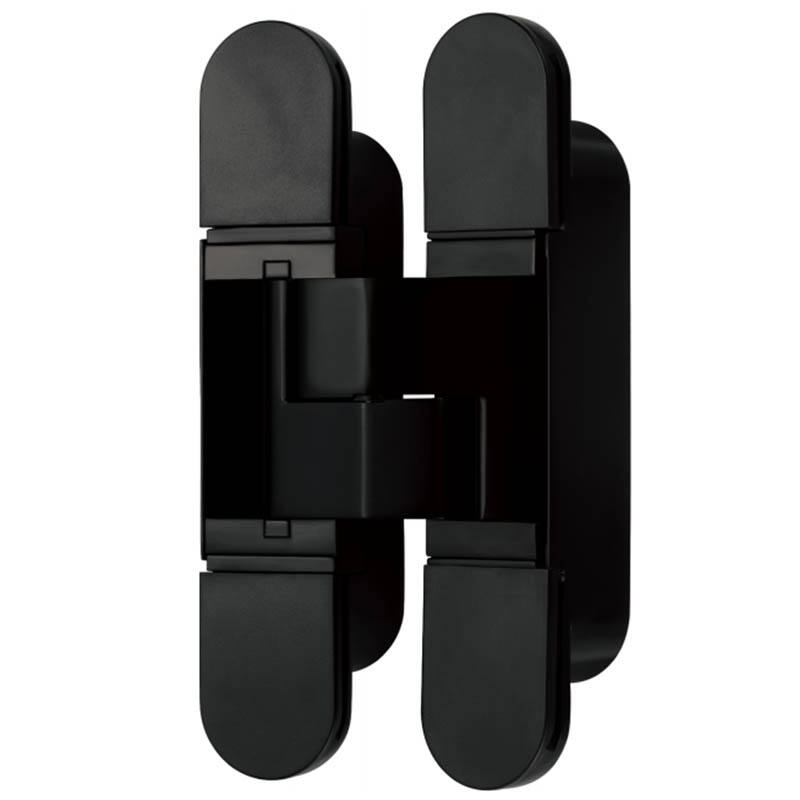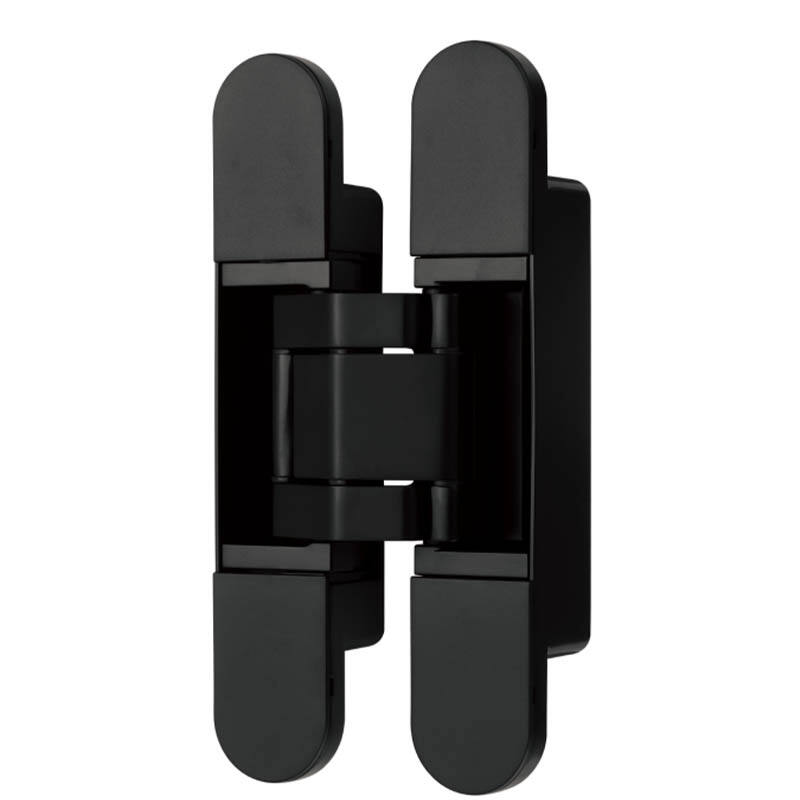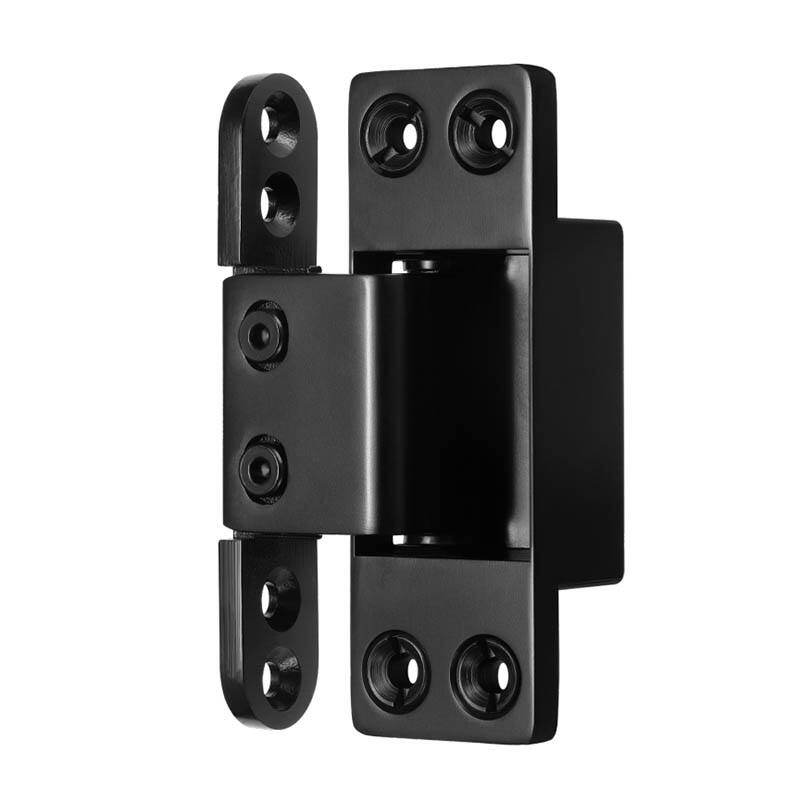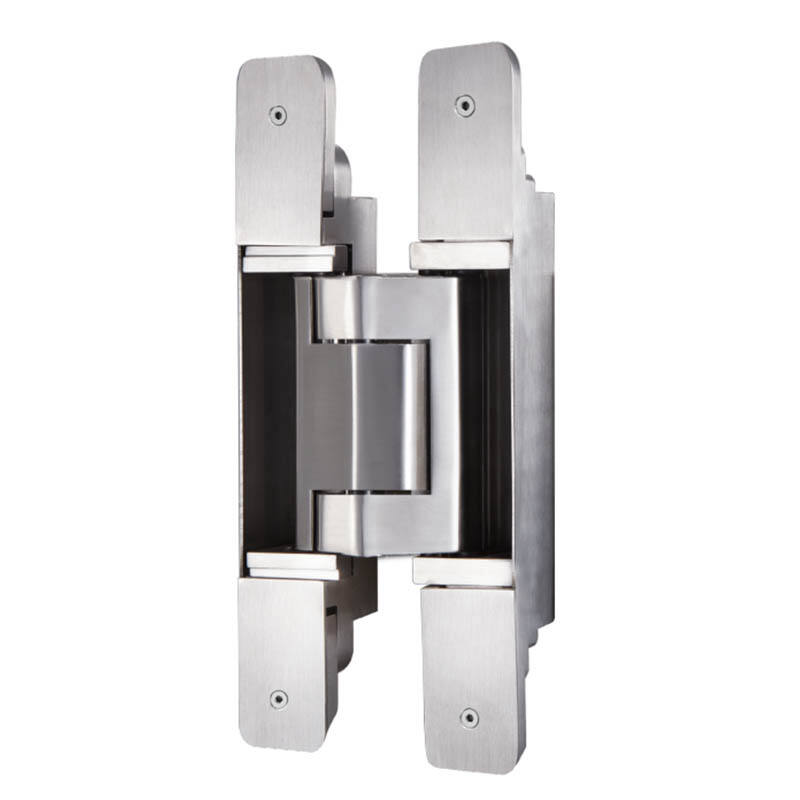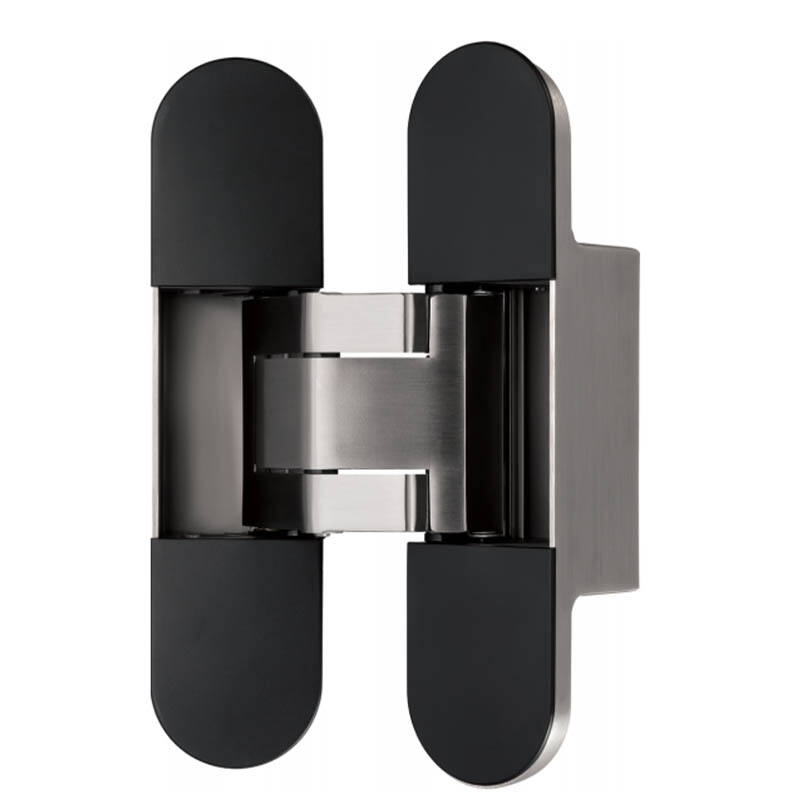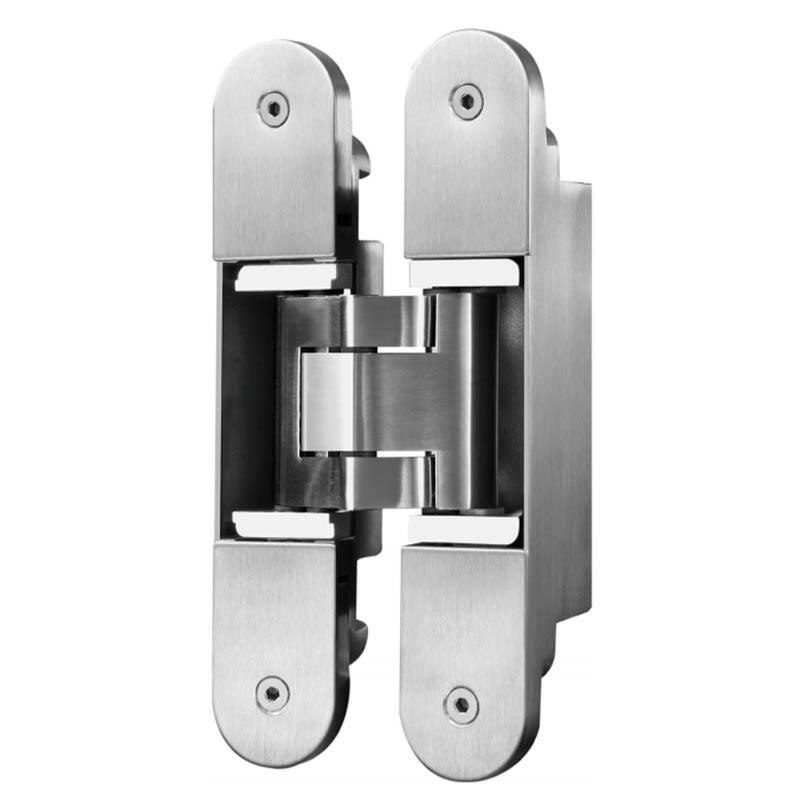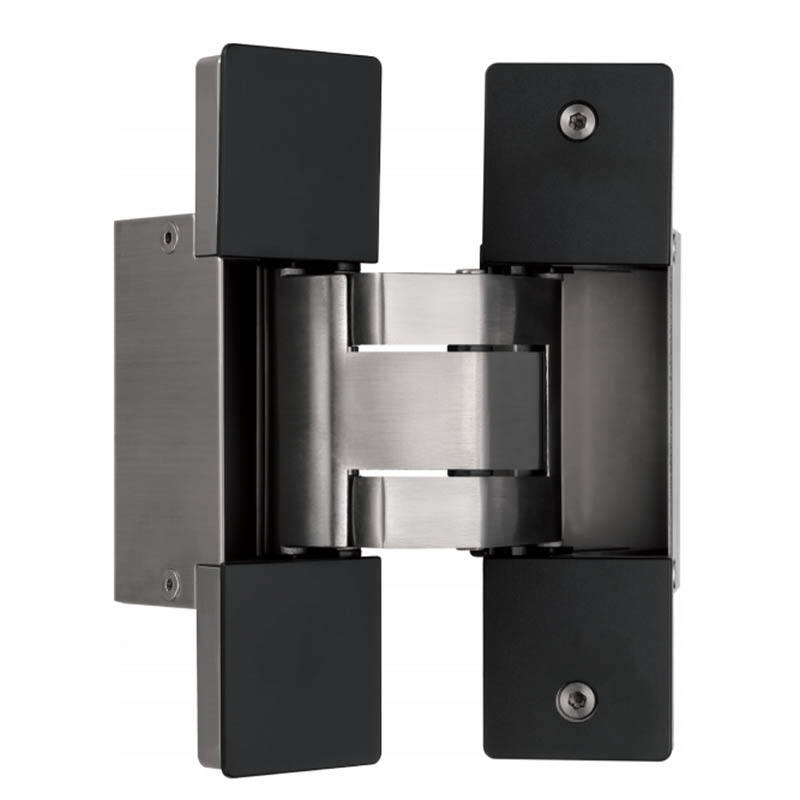Customized service of Jibang products
Understanding Customized Services
When businesses offer customized services, they're really talking about tailored solutions that address what makes each client different from everyone else. Standard service packages just don't cut it for many customers these days. Custom options take into account exactly what someone wants, needs, and expects from their experience, which leads to happier customers overall. The whole point isn't just checking off boxes for special requests either. Companies that go this route often find themselves building stronger relationships with their clients over time. People remember being treated as individuals rather than just another number in the system.
More and more industries are seeing customization as the new normal these days. A Deloitte study from 2021 found around 20% of shoppers would actually shell out extra cash for something tailored specifically to them. People just want things that fit their needs better now than ever before. For companies trying to stand out in crowded markets, this presents real opportunities. Take fashion brands experimenting with made-to-order clothing or tech firms offering customizable features packages. The bottom line is clear businesses that embrace customization aren't just meeting customer demands they're creating whole new ways to compete against rivals who still rely on one-size-fits-all approaches.
Getting to know what customers want and how they behave matters a lot when creating services that actually work for them. Businesses often use things like mapping out the customer journey and setting up regular feedback channels to figure out what people expect and how they react to different experiences. When companies keep tweaking their products and services based on what customers tell them, service quality tends to improve over time, and customers usually stick around longer. This kind of ongoing adjustment creates stronger relationships between businesses and their clients, which pays off in the long run through better engagement and satisfaction levels.
The Role of Customized Service in Enhancing Customer Experience
When companies customize their offerings, they hit the mark with what people actually need. Businesses aren't just selling stuff anymore; they're solving problems that matter to each person who walks through the door. Take coffee shops for instance. When baristas remember regulars' orders or greet them by name, it creates something special between staff and customer. The same principle applies across industries. Retail stores that track purchase history can suggest items based on past buys rather than generic recommendations. Healthcare providers who take time to understand patient backgrounds deliver better care outcomes. These personalized touches make all the difference in building lasting relationships and getting repeat business.
Moreover, research underscores a strong correlation between customization and customer satisfaction. A McKinsey study reveals that personalized customer engagement can increase purchase likelihood by an impressive 80%. This statistic highlights the tangible benefits of customization in driving customer delight and increased spending.
Customizable services really make a difference when it comes to keeping customers coming back. When people feel their needs are met specifically, they tend to stick around longer and spend more money over time. Take online retailers for example many have seen their repeat purchase rates go up after implementing personalized recommendations. What this shows is that customers aren't just happy with generic options anymore they want things tailored to them. And from a business perspective, this isn't just about making customers feel good. Companies that get customization right actually see better financial results because satisfied customers become brand advocates who bring in new business without extra advertising costs.
Key Strategies for Implementing Customized Services
Getting to know what customers want through their data isn't just important it's essential for any good personalization strategy these days. Companies need to dig into analytics to figure out what people actually like and how they shop, something made easier with CRM systems and other digital tools. When done right, personalization means collecting all those customer clues and then shaping products and services around what folks really need and expect from their experiences.
Steps for Utilizing Data Effectively
- Collect Data: Systematically gather data from multiple touchpoints such as social media, surveys, and purchasing history. This forms the foundation of any personalization strategy.
- Analyze Patterns: Use advanced analytics to identify trends and preferences within the collected data. This analysis will highlight potential areas for tailored strategies.
- Develop Personalized Strategies: Create marketing campaigns and product recommendations based on insights gained. Implementation of these strategies ensures that customer experiences are aligned with their preferences.
When companies break their customer base into different categories, they're able to come up with solutions that actually fit what each group wants. Looking at things like where people live, what they've bought before, and even their lifestyle preferences helps build better customer profiles for marketing purposes. Take age groups for instance. Millennials and baby boomers respond completely differently to ads these days. Younger folks tend to scroll through social media all day while older generations might still watch TV or read newspapers. Marketing campaigns that match these habits just make sense. Customers feel understood when brands speak their language, which naturally leads to happier clients who stick around longer.
Challenges in Delivering Customized Services
One big problem when trying to offer tailored services is finding the sweet spot between making things personal and keeping operations running smoothly. When businesses go overboard with customization, they end up creating unnecessary complications and driving up their bottom line expenses. Industry research points out that cutting back on too many custom options actually helps slash costs. Take the Deloitte report from around 2019 for instance it found firms that provided excessive customization faced about a 15 percent jump in what they spent producing goods. Getting this right matters because customers want what works for them while companies need to stay profitable at the same time.
Businesses wanting to stay efficient but still offer personalized stuff need to think about approaches such as modular setups or automating certain parts. The good news is these techniques let firms tailor their offerings without blowing through extra hours or budgeting tons more money. Take automation for repetitive jobs during customization work - this cuts down on wasted time and keeps things running smoothly. Companies find they can meet customer requests for special features while keeping productivity levels high instead of getting bogged down by all those individual requests.
Managing what customers expect when things get customized matters a lot for business success. Companies need to talk openly about what they can actually deliver and give honest time frames if they want happy clients with their special requests. Take that clothing brand last year who promised custom embroidery on jackets within two weeks but kept missing deadlines. Customers got really upset, left bad reviews online, and many stopped buying from them altogether. Trust takes years to build but just days to destroy when promises fall flat. Smart businesses know this and focus on being upfront about limitations while still offering great service where possible.
Real-World Examples of Successful Customized Service
Many top companies have found success through customized services. Take Nike's "Nike By You" program as a prime example. Customers get to create their own shoes online, picking colors, materials, and even adding text. The company saw real results from this move toward personalization. Sales went up, people kept coming back, and overall satisfaction scores improved. What makes it work? People love being able to put their personal stamp on products they wear daily. Nike reported that customers who use the customization feature tend to buy more items over time. Plus, these personalized products help Nike stand out in crowded markets like athleisure wear where everyone wants something unique yet comfortable.
The hospitality sector offers great examples of how customization works wonders. When hotels start personalizing what guests experience during their stay, everything changes for the better. Many properties collect information about visitors preferences for things like room temperature settings, favorite breakfast items, even preferred pillow types. Some go so far as remembering anniversary dates or special requests from previous visits. The results speak for themselves guest satisfaction scores jump noticeably, and owners see more people coming back year after year. Positive online ratings also tend to follow these efforts. At the heart of it all is simple psychology when travelers feel someone actually cares about their needs and wants, they naturally develop stronger attachments to brands that deliver those personalized touches consistently.
Looking at all these different situations shows something pretty clear about how important ongoing feedback really is for any business wanting to stay competitive. Most industry experts will tell anyone who asks that gathering what customers actually think matters a lot when it comes to changing services to keep up with what people want now versus what they wanted last year. Companies that set up regular ways to get this kind of information back from customers tend to tweak their products and services in ways that match what those same customers expect. And honestly? When businesses do this stuff right, it usually leads to happier customers and better results overall for everyone involved.
The Future of Customized Services
Customized services are going to change quite a bit as new tech trends take hold, especially when it comes to artificial intelligence (AI) and machine learning (ML). These tools are making it possible to offer really personalized experiences because they look at mountains of data to figure out what people want and need. Take online shopping for instance. Smart algorithms now adjust what appears on screens according to past purchases, how long someone lingers on certain products, and sometimes even their activity on social networks. This kind of personal touch was almost impossible before these technologies became so advanced.
More and more businesses are turning to tech innovations to expand their custom service offerings. This lets them connect with lots of customers without losing that personal touch everyone wants these days. Take online shopping for instance. Retailers now use smart algorithms to suggest items people might actually like instead of just pushing whatever's popular. Meanwhile doctors offices and hospitals are getting clever too. They're applying machine learning techniques to craft treatment approaches tailored specifically for each person's health records and DNA makeup. What we see happening across these sectors shows something pretty remarkable really. Technology isn't just making things faster anymore it's creating whole new levels of customization that keep customers coming back time after time.
Technology keeps changing at lightning speed, and customers are constantly raising the bar for what they expect from businesses. These days people want smooth, tailored experiences no matter where they interact with a company online or offline. That means businesses need to keep coming up with new ideas just to keep pace. Staying ahead requires more than just buying the latest tech tools though. Companies really need to build an environment where employees can think on their feet and respond quickly when things change. Otherwise all those fancy technologies will sit unused while competitors steal market share with better customer service that actually meets real needs.
Recommended Products
Hot News
-
Hidden Hinges: The Invisible Solution for Seamless Design
2024-11-08
-
The Advantages of Alloy Concealed Hinges in Modern Architecture
2024-11-04
-
Shedding water in the big river, struggling to break the waves----Jibang Group's 2024-2026 business goals and 2024 annual business plan meeting was successfully held
2024-01-22
-
The wind is strong and the sails are sailing. It is the right time to work hard.
2024-01-22
-
The company established a special project team and discussed different technical issues with foreign engineers
2024-01-22
-
Endless Learning Empowers Development -- Establishment of Jibang College and Launching of Guanggong Jiban Metal Materials Class
2024-03-22

 EN
EN
 AR
AR
 HR
HR
 CS
CS
 DA
DA
 NL
NL
 FI
FI
 FR
FR
 DE
DE
 EL
EL
 HI
HI
 IT
IT
 KO
KO
 NO
NO
 PL
PL
 PT
PT
 RO
RO
 RU
RU
 ES
ES
 SV
SV
 TL
TL
 IW
IW
 ID
ID
 LV
LV
 LT
LT
 SR
SR
 SK
SK
 SL
SL
 VI
VI
 SQ
SQ
 ET
ET
 HU
HU
 TH
TH
 TR
TR
 MS
MS
 IS
IS
 LA
LA
 KK
KK
 UZ
UZ
 KY
KY
